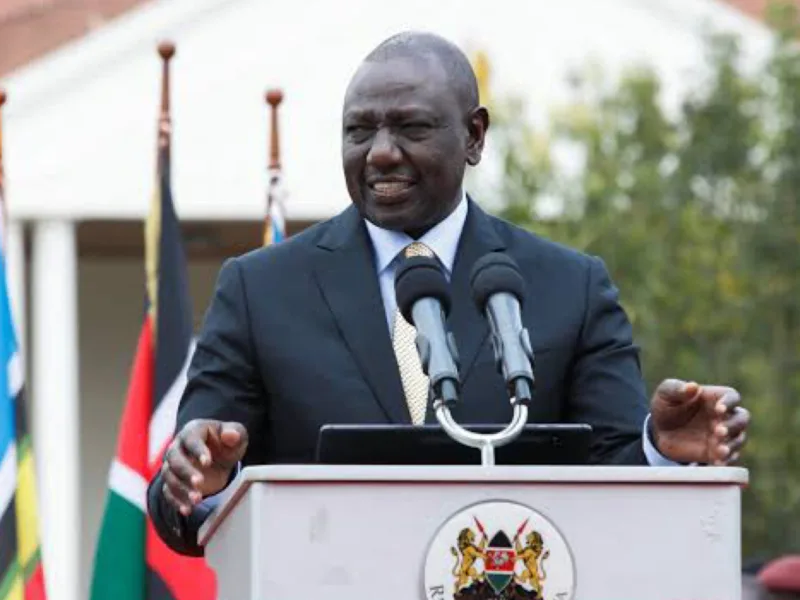In a dramatic turnaround, Kenyan President William Ruto announced on Wednesday that he would withdraw the contentious finance bill, which had sparked widespread protests and violence across the country. The move comes after more than 20 people lost their lives and the country’s parliament was ransacked by angry demonstrators.
The bill, which aimed to increase taxes to help service Kenya’s massive debt of approximately $78 billion, had been met with fierce opposition from citizens who felt it would exacerbate the country’s economic woes. Despite the protests, the legislation was passed by lawmakers on Tuesday, leading to a violent confrontation between police and protesters that left hundreds injured and the parliament building partially ablaze.
In his announcement, Ruto acknowledged that the people of Kenya had spoken out against the bill and conceded that it was necessary to withdraw it. However, he warned that its withdrawal would result in a significant shortfall in funding for important development programs, including initiatives designed to support farmers, schoolteachers, and others.
Kenya has been struggling to manage its debt burden, with some 70% of its GDP currently committed to debt repayment. The government had argued that the tax hikes were necessary to ensure the country could meet its debt obligations. However, the widespread protests suggested that citizens were willing to tolerate no further burden.
The Kenya National Commission on Human Rights has launched an investigation into the violent clashes, which it says have left 22 people dead and hundreds injured. The government’s decision to withdraw the bill is seen as a major concession to public pressure and a recognition of the need for more effective solutions to address Kenya’s economic challenges.










Join our Channel...